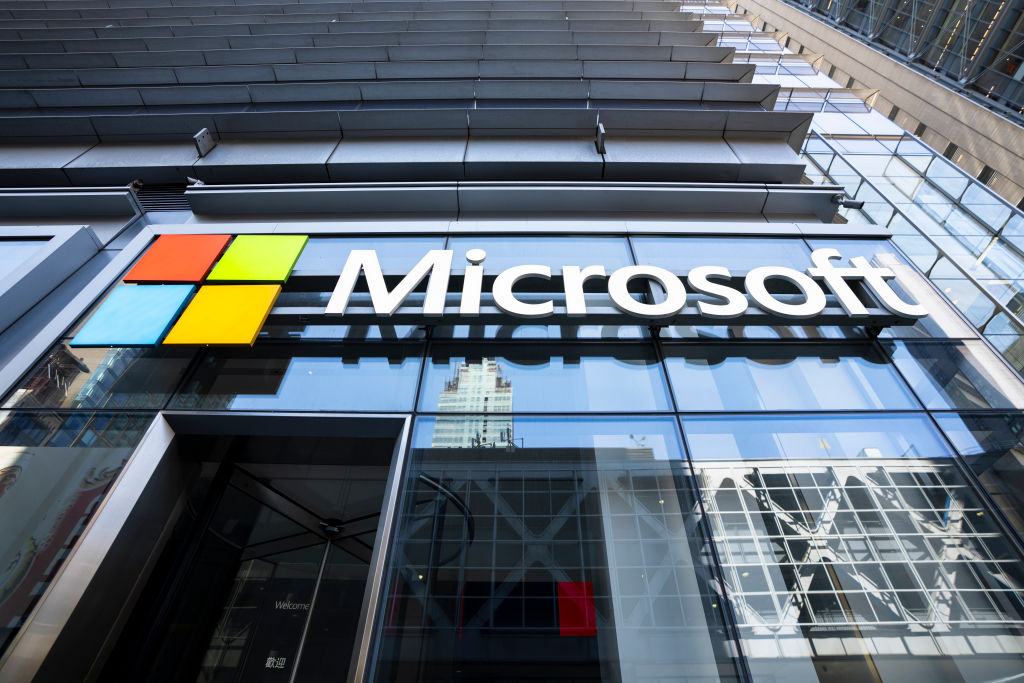Progress is often only seen as positive based on the sustainability measures associated with it, and many organizations have not kept their promises regarding diversity, equity, and inclusion (DEI). This abandonment informs many (DEI) advocates’ perspectives when explaining the recent rollback of DEI programs at large and small corporations.
The removal of equity-focused programming is not new. According to a previous AFROTECH™ report, many companies that made commitments to DEI in 2020 after the murder of George Floyd have dialed back or cut programs. Now, Microsoft is among the big-name companies, specifically in tech, that have decided to eliminate their intentional strategies around DEI.
The pervasive question to these cuts is “why?” According to Business Insider, it was due to “changing business needs.”
“True systems-change work associated with DEI programs everywhere are no longer business critical or smart as they were in 2020,” a leader of the laid off DEI team wrote in an email to thousands of employees, as reported by Business Insider.
The intersection of these types of decisions does not come without acknowledging the toxic political climate and ongoing tensions between federal and state policies and laws around equity-focused programming. With Microsoft’s decision, interpretations are likely to spur even further discussion.
Although the official department no longer exists, the massive tech company alleges that the decision doesn’t mean it is any less committed to diversity and inclusion.
“Our D&I commitments remain unchanged,” Microsoft spokesperson Jeff Jones said in a statement. “Our focus on diversity and inclusion is unwavering, and we are holding firm on our expectations, prioritizing accountability, and continuing to focus on this work.”
Revelio Labs released a jobs report highlighting layoff trends for DEI professionals, with Amazon, Applebee’s, and Twitter leading in layoffs between July and December 2022. In an NBC News interview, Revelio Labs senior economist Reyhan Ayas remarked that the data indicated many DEI hires were more performative than genuine.
“I always say that it is so easy to make public statements and commitments because no one will eventually check if you’re committed to the things that you committed to,” Ayas told the outlet.
The Microsoft announcement also follows fellow tech giant Google’s news earlier this year that it was laying off employees in its DEI division and downsizing programs.


